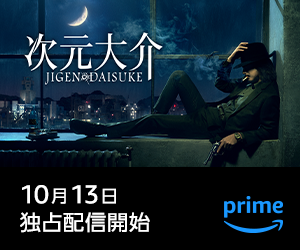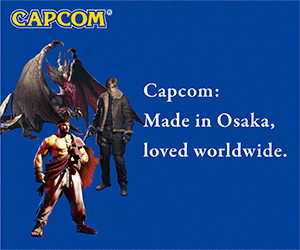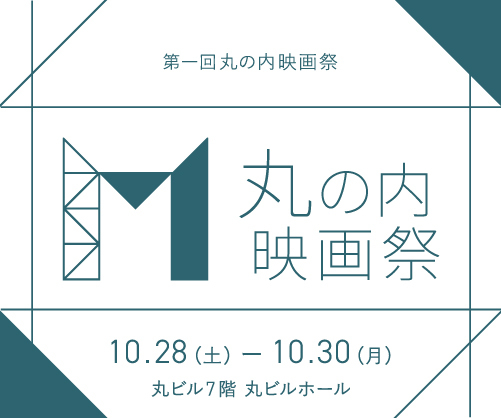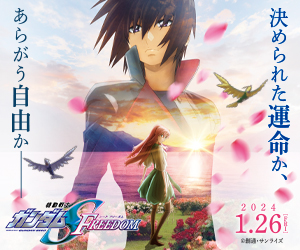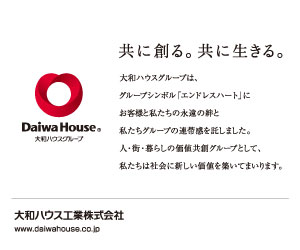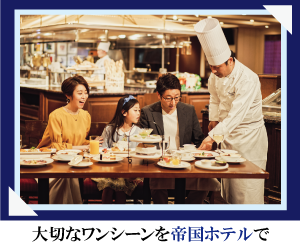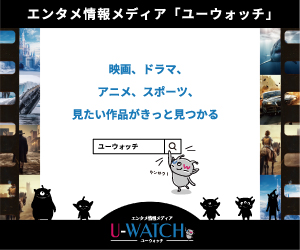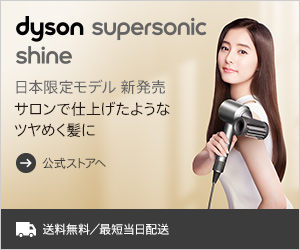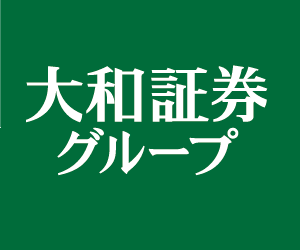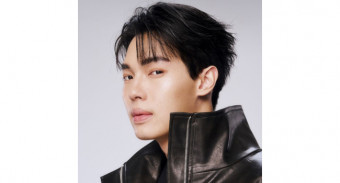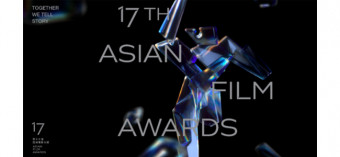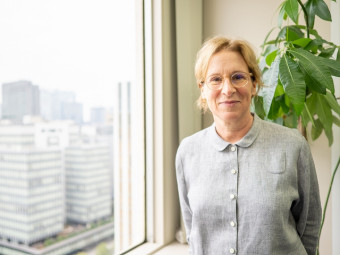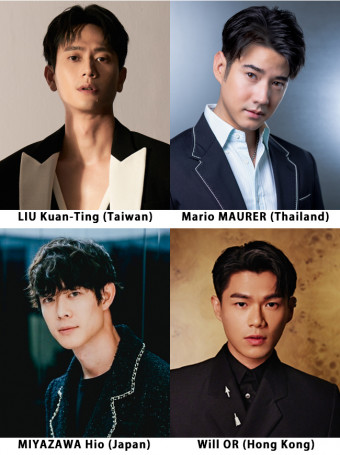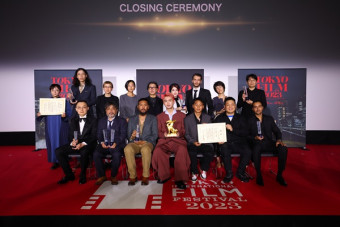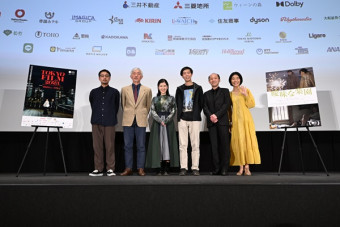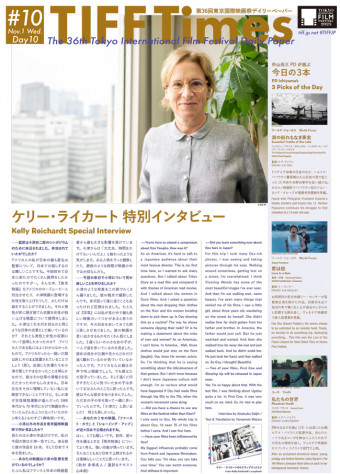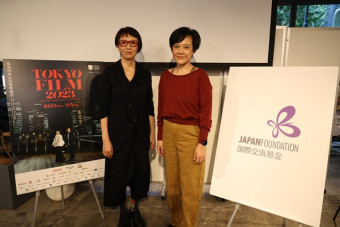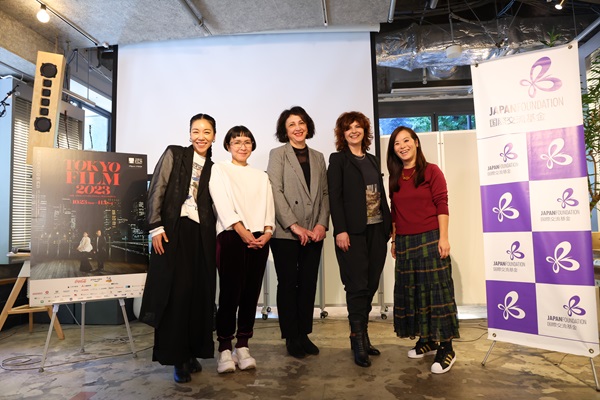
The first of what one hopes will be a continuing series of TIFF Roundtables on the state of the industry was convened at the 36th Tokyo International Film Festival on October 26, with a panel of women journalists from around the world. Under the moniker Female Gaze on Film Journalism, writers from France/Syria, the UK, Japan and Hong Kong gathered in front of a (surprisingly) gender-equal audience at the Yurakucho micro Food & Idea Market.
The session was moderated by the ebullient and bilingual Ando Momoko, a UK-trained filmmaker and the 36th TIFF Festival Navigator, who introduced it as a “discussion of the current state of gender parity in film media around the world and its future prospects, through the eyes of female film journalists.” That is an issue that has long concerned those of us who cover the film industry, where parity — and diversity— remains as elusive as a blue moon.
Noting that it’s very rare to have such seasoned journalists present in one place, Ando said, “being a filmmaker, I must say that we’re somewhat on opposite sides of the fence —these are the women who are among the first to see my films and weigh in on them publicly. But we do share a passion for and love of film.”
The first-ever report on parity in film journalism, titled “Critic’s Choice?” was released in 2017 by the USC Annenberg Inclusion Initiative/Center for the Study of Film and Television, which has been tracking the industry’s abysmal facts and figures for nearly two decades, both behind the camera and on the screen. It examined access and opportunity for film critics, and revealed that men accounted for some 78 of reviewers, women some 22 percent, and people of color, less than 20 percent. In other words, film journalism was about as diverse as the industry it was covering.
As of 2020, numbers had not improved, with male critics comprising 83 percent and women, 17 percent. Against this backdrop, the panel’s own experiences take on deeper meaning. Ando asked the panel to tell the audience a little about their backgrounds and current activities.
Japanese journalist Onda Yasuko, a senior writer for the Yomiuri Shimbun, told the audience that she’d been covering film only since 2000, having covered other stories before that, and has gone many times to A-list festivals overseas. “I think there’s been a clear shift in direction at TIFF this year,” she noted. “And I’m looking forward especially to seeing films by Chinese filmmakers.”
Syrian journalist Nada Azhari Gillon is a France-based writer who has lived in a number of countries and covered stories for a variety of platforms, including Al-Jazeera, as well as publishing two books about Iranian cinema. She told the audience, “I started my career rather late because of my children. I was living in Africa in the mid-1990s, and it wasn’t possible to work as a journalist because communications were so difficult. When I later lived in Iran, I started writing about their cinema and now I’m very fond of Asian cinema. I’m looking forward to seeing many Asian films here at TIFF.”
Wendy Ide, a London based broadcaster, critic, feature writer, interviewer and programmer, is currently the chief film critic of the Observer newspaper, as well a trade critic for Screen International, and travels widely to international film festivals. “I’m interested in the female voices in cinema,” she told the audience, “so I’ve already watched a lot of films by female directors. I’ve seen, for example, Sasha Chuk’s film debut Fly Me to the Moon, which everyone’s talking about.”
Cecilia Wong hails from Hong Kong, but moved to Taiwan two years ago. She started her career working for several publications focusing on film, worked as a programmer at the famed Hong Kong Film Archive and as an editor for the special books published for the Hong Kong Film Awards. “I started working as a critic about 15 years ago and changed my focus,” she said. “In Taiwan, I’m currently curating film programs, including retrospectives. I think TIFF is a really good window for me to see some Hong Kong and Chinese films.”
Ando noted that, with the advent of web media and SNS, the film media landscape has been changing around the world, and asked whether the continued male dominance in authoritative media has affected the evolution of female film journalists in the panelists’ countries.
Onda admitted that she has written only for the Yomiuri Shimbun, but even there she’s noticed an increase in the number of women journalists. “It’s gradually become better, but we still have a lot of work to do,” she said. “When I started traveling to film festivals, I realized there were a lot of freelance journalists, both male and female. But with the proliferation of the internet, we have a lot of writers who are not professional journalists, many of whom have interesting perspectives. But it’s difficult to know who’s writing for which publication.”
Explaining that she writes in Arabic, “which means 22 countries can read the articles,” Azhari Gillon said, “There have been many professional women journalists, but only a couple of film journalists. However, there are an increasing number. In France, where I live, 37 percent of film critics are women. It’s a good number, I guess we can say.”
Ide said, “In the UK, it has dramatically changed for the better. When I started 25 years ago, I had very few role models to look to. Many women were in editorial positions, but they weren’t writing. I think now there are many more young women working in film criticism, but most of them are working freelance, rather than in staff positions. So it’s better, but there’s still work to be done.”
Said Wong, “There’s an interesting situation in Hong Kong, where the line between film criticism and film journalism is becoming quite loose. Nowadays, even film researchers and collectors are interviewing directors, asking very informed questions, and writing a lot online. They’re also writing comments after watching films. Sometimes they also make videos or record audio commentary, so the profession is changing.”
Ide noted that, “Once you’re a critic, it becomes more difficult to be a film journalist, to conduct interviews and talk with filmmakers.
“For me,” said Azhari Gillon, “before I conduct an interview, I see at least five films by the director to prepare. It’s not as easy for critics to do that, since they must write more time-sensitive articles, although they also often write film news.”
Onda noted that “In Japan, there are people who work both as journalists and critics, and those who work only as critics. But you have to be very careful about including anything you may have heard from an interview with the director in your critique.”
She then asked the other panelists whether they think there has been an increase in the numbers of people interested in film because of the proliferation of online platforms about film. Heads nodded, and Wong said that the film publicists in Hong Kong are taking advantage of those online platforms in constructing and conducting their PR campaigns.
Ando commented that there are very few female film directors in Japan, and “statistics* show that of the 796 live-action Japanese films with box-office revenues of 1 billion yen (roughly $6.6 million) or more released theatrically over the period 2000-2020, a total of only 25 films, or 3.1 percent, were directed by women. So we still have work to do.”
Moving to a discussion of how female journalism might impact the fate of a film, she asked “Do you think it’s possible to improve the situation of women filmmakers through your work as a journalist, or to help elevate the reputation of certain films?”
“Of course!” said Ide. “But first let me make clear that all views on film are subjective, there’s no right or wrong way to view a film, and there’s no true ‘male’ or ‘female’ perspective. But I do think women critics tend to be more aware of the depictions of women on screen, particularly when they’re by a filmmaker like Woody Allen, for example.” After empathetic laughter from the audience, she noted that there are sometimes “very different readings” of a film when they are specifically about women.
Commenting that many of the films she saw in her youth depicted women only as “victims or devils,” Azhari Gillon said they had “made me a feminist, and I felt that filmmakers really had to start depicting women in a more realistic way. Although there may not be big differences based on the gender of the directors, when there are films about children, for example, the depictions by female and male directors are often dissimilar.”
Wong cited a perfect example: “In a book about Hong Kong filmmaker Ringo Lam,” she said, “nine of the articles were by male critics, and only one was by a female: me. I tried to find a female perspective, I looked at the roles of women in his films, and I considered their significance.”
Onda said, “Looking back, I tried to write in a way that my perspective was rather gender neutral. But recently, I feel like the situation is more liberal, with more numbers of films told from a female perspective and people better able to understand. So as a female, I now feel like I can more freely write from my own perspective.”
Ando asked the panelists whether they had been hindered in their own careers because of gender, and if they had any advice for young women who are considering a career in the field.
Azhari Gillon said that she had not personally been impacted by her gender, but her editors have been female and very serious about their work. “Others look at female film critics as if we’re doing it because we don’t need to really work, we’re just doing it to fill our time. So eI advise young women to be serious and hard working.”
Said Ide, “In the early stage of my career, there were instances in which my gender probably wasn’t in my favor. But it came from an unconscious bias and I wasn’t really aware of it until I looked back on it. But it did become clear at one point that I was being paid less than my male colleagues, and even though it may be uncomfortable to talk about, I think it’s important to. So my advice for aspiring female critics is to have conversations with people, develop a support system, find mentors and become part of the community, because it will support you.”
“Early in my career, I interviewed two big stars who were famous for gangster and kung fu films,” recalled Wong, “and they had a bias against me, like ‘A little girl like you doesn’t understand what I’m about.’ And they got up and walked out on me. At that time, I wondered how I could move forward. Years later, I interviewed them again, and we had a great conversation. But there’s a lot of bias against female journalists. I hope young journalists will work seriously, and treat others seriously, and that attitude will earn respect from others.”
Onda agreed. “With this built-in bias, I always thought the best thing to do was to work hard and take it seriously. But I was trying to be gentle and friendly, too, and that seems now to have been wasted effort. I remember about 30 years ago, when I was just starting to work, someone called the company and I answered, and the caller refused to talk to me because I was just a female. I wasn’t treated like a person.”
A French male journalist was curious whether the panelists thought that sexism still exists. “Yes,” said Azhari Gillon. “But in a way, this is a positive discrimination. Because in Arabic film journalism, for example, there are very few women and that means they have an opportunities to enter the field.”
Said Ide, “I think what we have now in the UK is a push toward broadening the range of voices that are being heard. So those who are sexist are being admonished for it.”
“I wrote a book about 42 actresses in Hong Kong, analyzing their careers,” said Wong, “and I discovered that they often gave up their careers or made sacrifices after they got married or had children. This is why, in most fields, males are more dominant than females.”
“In Japan, too, it’s unfortunately the same,” concurred Onda. “The situation with discrimination and the social status of females is dire. I think it’s problematic that we don’t all share this and try to resolve it. Again, all we seem to be able to do is to put our utmost efforts into our work. But I keep thinking that there must be another way to ameliorate the situation.”
With great enthusiasm, Ando wound up the session on a positive note. “We’ve discussed a lot about gender parity, and it’s clear that we’re undergoing a huge wave of change,” she said. “We’ll continue to have males who are critical and females who are persecuted. But I hope we can all come together, using the common language of cinema to forge a shared future.”
TIFF Special Talk Sessions
TIFF Roundtable “Female Gaze on Film Journalism”
Panelists (tentative): Nada Azhari Gillon (Film Critic/Writer).Wendy Ide (Film Critic), ONDA Yasuko (Yomiuri Shimbun Senior Writer) ,Cecilia Wong (Film Critic/Curator)
Moderator: ANDO Momoko (Filmmaker, The 36th TIFF Festival Navigator)
*Source: Japanese Film Project
https://survey.jfproject.org/












